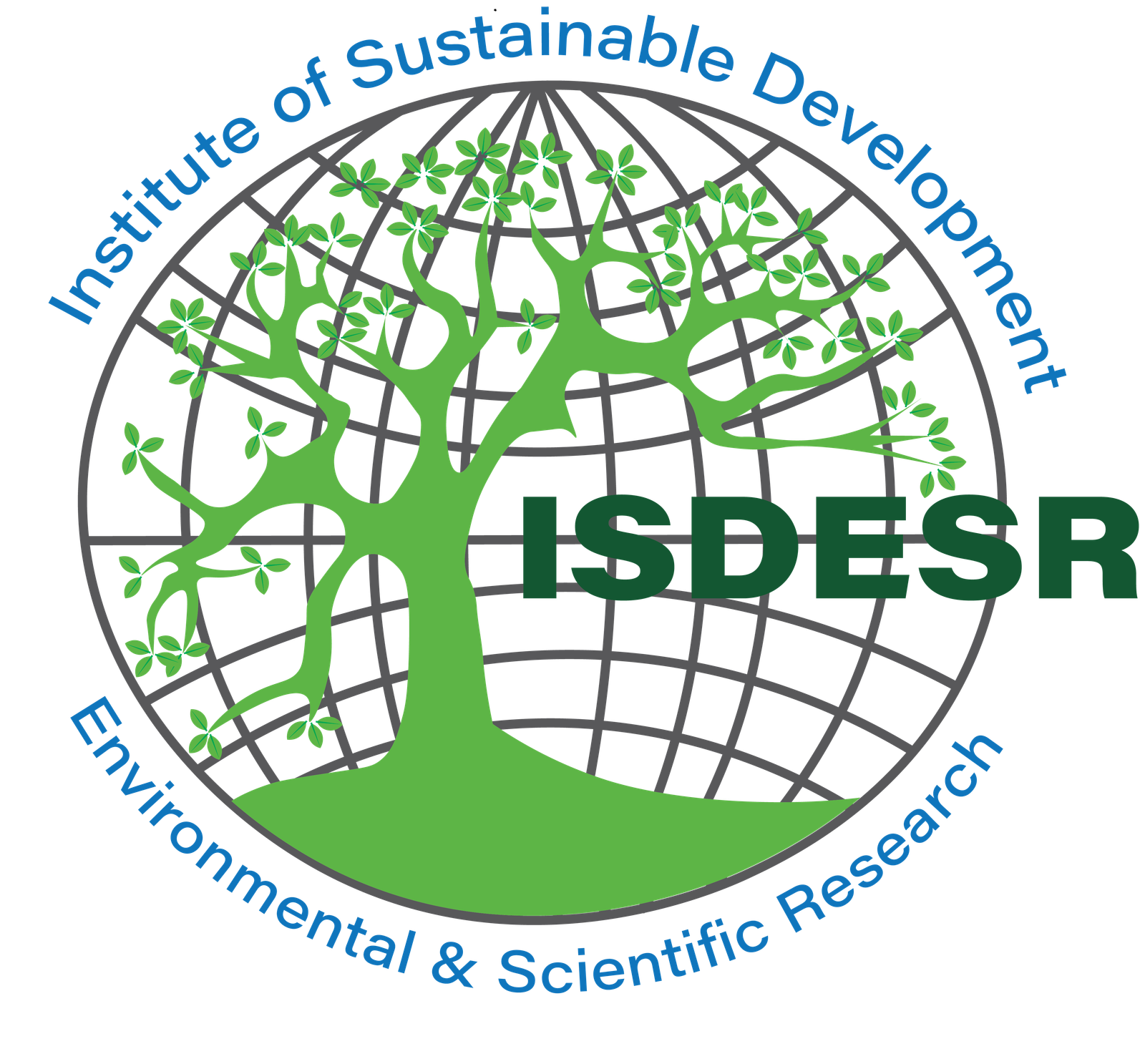Volume 10 (01), January 2024
SMART SOLUTIONS FOR ENVIRONMENTAL SUSTAINABILITY AND CLIMATE CHANGES
AUTHOR
Sanju Purohit
ABSTRACT
Smart solutions are pivotal in addressing the intertwined challenges of environmental sustainability and climate change by leveraging technology, data, and innovation. This research paper explores sustainable urban planning as a key practice in creating cities that are environmentally friendly, socially inclusive, economically viable, and resilient to climate change impacts. The paper outlines principles and strategies guiding sustainable urban planning, emphasizing the importance of an integrated approach, prioritizing people and places, embracing green infrastructure, fostering sustainable transportation, promoting resource efficiency, and engaging with communities. The objectives of the paper are to understand the concept of sustainable urban planning, examine the issues of rapid urbanization, assess the impact of rapid urbanization on climate change, identify and assess existing smart solutions, and examine the socioeconomic impacts of sustainable practices. The methodology involves a comprehensive academic literature review, case studies, and reports on smart solutions for environmental sustainability and climate change. Data collection primarily utilizes secondary sources, including newspaper articles and research papers, and involves reviewing and analysing relevant policies at local, national, and international levels. The discussion highlights the multi-faceted approach required to address environmental sustainability and climate change, presenting smart solutions such as renewable energy sources, energy-efficient technologies, circular economy practices, and sustainable agriculture. Examples of successful sustainable urban planning initiatives, including Copenhagen, Medellin, and Singapore, are discussed. The paper concludes with practical recommendations based on research findings and emphasizes the need for international cooperation to address global environmental challenges effectively.
